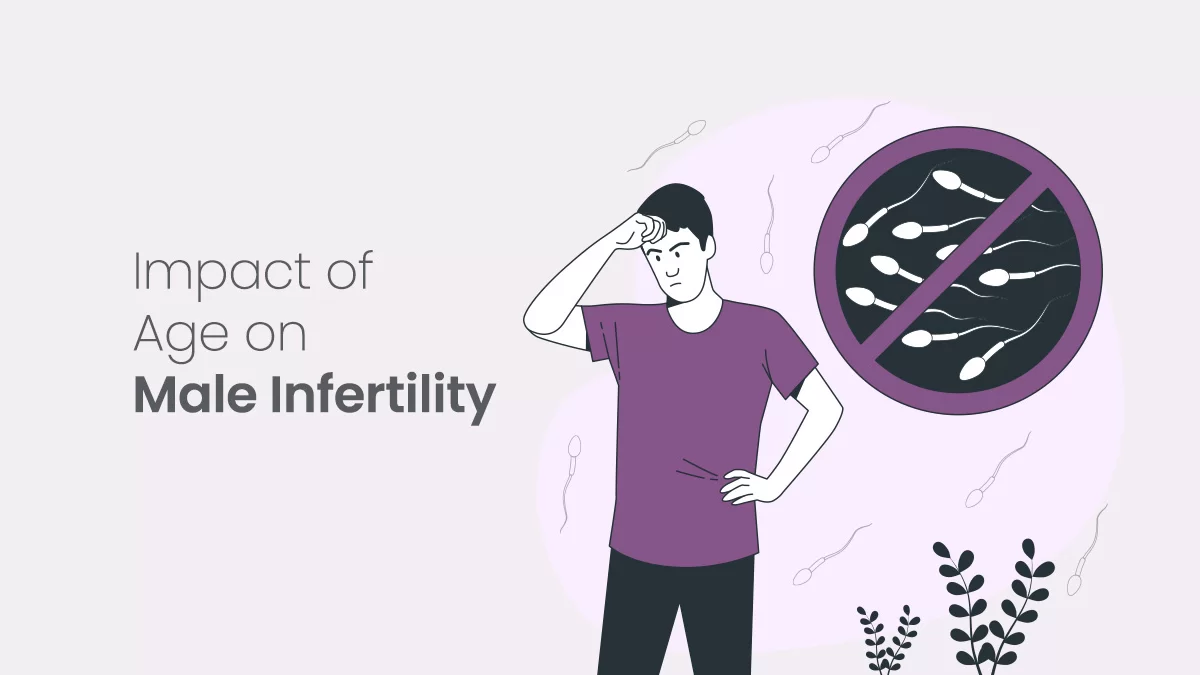Fertility is one of those topics surrounded by a mix of science and speculation. While many of us have heard about the "biological clock," there are still countless myths and misunderstandings about how age truly impacts fertility. This article dives into the facts, dispels myths, and provides a clear, research-based understanding of the connection between age and fertility.
The Basics of Fertility and Age
Fertility refers to the natural ability to conceive and have children. For both men and women, age is a crucial factor. However, its impact varies between genders:
Women: Women are born with all the eggs they will ever have, roughly 1-2 million at birth. By puberty, this number decreases to about 300,000. With each menstrual cycle, the number of viable eggs declines. Fertility typically peaks in the early to mid-20s and starts to decline gradually in the 30s, with a significant drop after age 35.
Men: Unlike women, men produce sperm continuously throughout their lives. However, sperm quality—including motility, morphology, and DNA integrity—begins to decline after age 40.
Myth #1: Women Can Conceive Easily Until Menopause
Fact: Many people believe that as long as a woman is menstruating, she can easily conceive. While technically possible, fertility declines long before menopause. By age 40, a woman’s chances of natural conception each month are about 5%, compared to 20-25% in her 20s.
Myth #2: IVF Can Overcome All Age-Related Fertility Challenges
Fact: In vitro fertilization (IVF) is a powerful tool, but it’s not a guarantee, especially for older women. Success rates for IVF using a woman’s own eggs drop significantly with age. For instance:
Women under 35 have a 31% success rate per cycle.
Women aged 38-40 have about a 15% success rate per cycle.
By age 43, success rates drop to 5%.
Egg quality is a major reason for this decline. Women over 40 often turn to donor eggs to improve their chances.
Myth #3: Men’s Fertility Doesn’t Decline
Fact: While men can father children later in life, it’s not without challenges. Studies show that older paternal age is linked to increased risks of genetic mutations and conditions like autism and schizophrenia in offspring. Sperm count and quality also decline after 40, which can contribute to difficulty conceiving.
Myth #4: Lifestyle Choices Can Fully Offset Age-Related Fertility Decline
Fact: Maintaining a healthy lifestyle—eating nutritious foods, exercising, and avoiding smoking and excessive alcohol—can improve fertility but cannot reverse the effects of age. For example, even the healthiest 40-year-old woman is less likely to conceive than a 30-year-old with similar habits.
Fertility Preservation: A Modern Option
For individuals who wish to delay parenthood, fertility preservation is becoming increasingly popular. Options include:
Egg Freezing: Women can freeze their eggs during their peak fertility years (typically before 35) to use later.
Sperm Freezing: Men can freeze sperm for future use, especially if planning to delay fatherhood.
The Emotional Impact of Age and Fertility
Age-related fertility decline can take a toll emotionally. Feelings of frustration, anxiety, and sadness are common for couples trying to conceive later in life. It’s essential to seek support—whether from loved ones, counselors, or fertility specialists—to navigate these challenges.
Understanding Age and Fertility: Key Statistics
Female Fertility: Women aged 25-29 have a 78% chance of conceiving within a year, compared to 63% for women aged 35-39.
Miscarriage Risk: At age 30, the risk of miscarriage is about 10%, rising to 34% by age 40.
Male Fertility: Men over 45 are 12.5 times more likely to have a child with autism compared to men under 30.
Frequently Asked Questions (FAQs)
At what age does female fertility start to decline? Fertility starts to decline in the late 20s to early 30s, with a more rapid decline after age 35.
Can men father children at any age? While men can produce sperm throughout their lives, sperm quality declines after 40, increasing the risk of genetic abnormalities.
Does egg freezing guarantee future pregnancy? No, but freezing eggs during peak fertility years significantly improves the chances of conception later.
How does lifestyle impact fertility? Healthy habits improve overall reproductive health but cannot fully counteract age-related declines.
Where can I learn more about fertility preservation? Visit New World Fertility for personalized guidance and resources.
Final Thoughts
Understanding how age affects fertility empowers individuals to make informed decisions about family planning. While age undeniably plays a significant role, options like fertility preservation and assisted reproductive technologies offer hope. At New World Fertility, we’re here to provide support, expertise, and solutions tailored to your needs.

 Aug-13-2025
Aug-13-2025